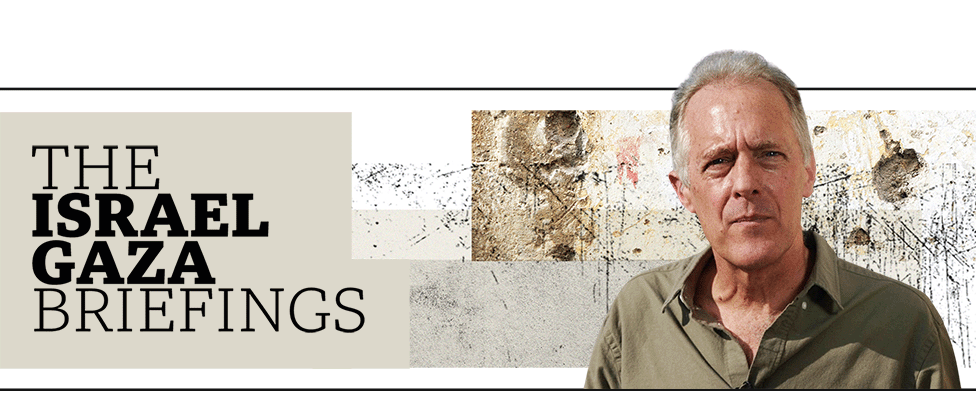-

-
-
Loading

Loading

Three months ago, Israel was caught off guard when Hamas attacked, leading to a full-scale invasion of the Gaza Strip with the main objective of destroying Hamas. However, there was a lack of a clear plan for what would happen after Hamas was eliminated. Now, Defense Minister Yoav Gallant has outlined a plan for "the day after," although it is primarily a series of bullet points. On the security front, the plan reiterates that Israel will reserve its right to take action to protect itself and make sure no threats are posed. The plan also addresses the need for a multinational task force, consisting of the US, European, and Arab governments, to help with the rehabilitation of the Gaza Strip. However, there are concerns over who will pay for this reconstruction, especially for countries like the EU and Gulf States that have already lost previous investments in the region. Additionally, there is uncertainty about the future and the potential for more violence erupting. Arab governments have been urged not to wait and to actively engage in planning and investing in Gaza to avoid lawlessness, a political vacuum, famine, disease, and death. The Palestinian component of the plan is vague, with a focus on utilizing local Gazan administrative committees approved by Israel. This could potentially politically separate Gaza from the West Bank, a move that Palestinians fear due to their aspiration for statehood and freedom from Israeli control. The US remains cautious about the plan, with the Biden administration insisting on a role for the Palestinian Authority ruling over both the West Bank and Gaza Strip. There is also concern about some members of Netanyahu's government calling for the resettlement of Palestinians outside Gaza, which could hinder Arab partners from working with Israel. The plan has faced opposition both from Palestinians and hardline members of Netanyahu's coalition, who believe reoccupying Gaza is the only way to guarantee security. The divisions within Netanyahu's government were on display during a recent cabinet meeting. The future of Gaza remains uncertain as Israel and the world contemplate how to handle the region after the conflict ends.